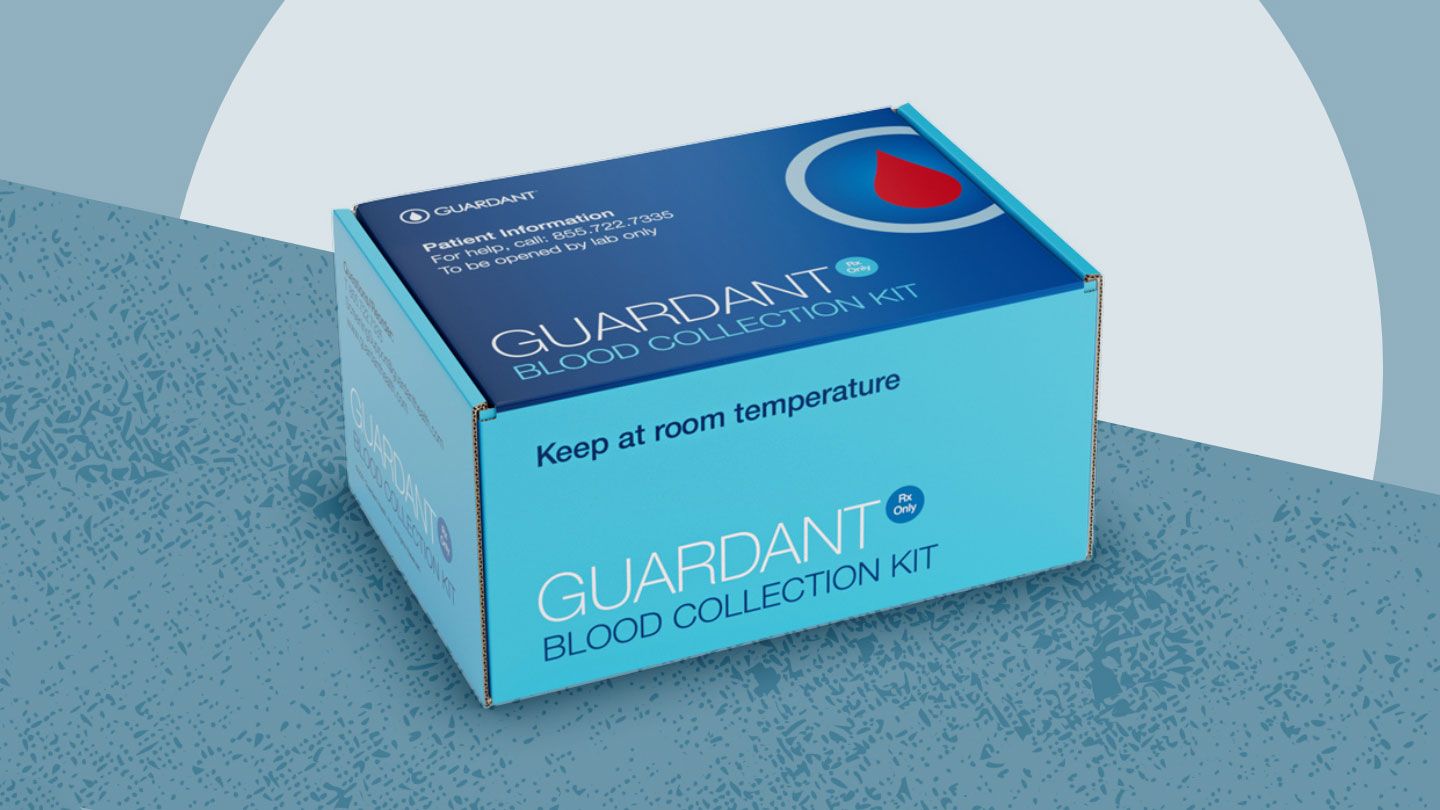Women who closely follow a Mediterranean diet are significantly less likely to die prematurely than women who don’t, a new study suggests.
Researchers examined medical data and dietary information collected over about 25 years from more than 22,000 women, starting when they were 56 years old on average. During the study period, a total of 3,879 people died.
Women who followed this diet less strictly were still 16 percent less likely to die during follow-up than participants who only occasionally ate this way.
In addition, women who most closely followed a Mediterranean diet were 17 percent less likely to die from heart disease–related causes and 20 percent less likely to die of cancer during the study period.
“This study provides further evidence to support the health benefits of a Mediterranean diet in reducing mortality,” says Frank Hu, MD, PhD, a professor and chair of the department of nutrition at the Harvard T.H. Chan School of Public Health in Boston.
A Diet Rich in Healthy Foods Can Promote Longevity
A Mediterranean diet can boost longevity due to the health benefits of the foods it emphasizes, like fruits, vegetables, nuts, whole grains, beans, fish and seafood, and healthy fats like olive oil — but also for the things it discourages people from consuming, like sugary beverages and red or processed meats, says Dr. Hu, who wasn’t involved in the new study.
To assess how often participants ate this way, researchers rated adherence to a Mediterranean diet on a 9-point scale, with 0 indicating a participant never ate this way, and a 9 indicating that they always ate this way. Then, they grouped participants into three categories from lowest adherence to highest.
Even lower scores had longevity benefits, the study findings suggest. Each one-point increase in dietary scores reduced the risk of dying prematurely during follow-up by approximately 5 to 6 percent.
Small Diet Changes Matter for Longevity
“The more committed [to a Mediterranean diet], the more benefit. But even small changes impact health a lot,” says lead study author Shafqat Ahmad, PhD, an associate professor of epidemiology at Uppsala University in Sweden and an affiliated researcher at Brigham and Women’s Hospital and Harvard Medical School in Boston.
For people who aren’t familiar with a Mediterranean diet — or comfortable with totally overhauling their usual ways of cooking — Dr. Ahmad suggests starting with simple changes like trying to just get more vegetables on your plate. “If you don’t have time to make a salad, just eat them raw,” Ahmad says.
“To shift from a typical western diet, one can make small and gradual changes,” says Hu. “For example, replacing unhealthy fats like butter and tropical oils with olive oil. Replace red and processed meats with plant proteins like legumes and nuts, as well as fish. Replace refined grains with whole grains.”
The good news is that it’s possible to adapt many types of cuisines to follow many aspects of a Mediterranean diet, Hu adds.
“The Mediterranean diet is not a rigid dietary regime,” Hu says. “It offers flexibility to incorporate healthy components tailored to individuals’ cultural and food preferences and health conditions.”











Post Comment